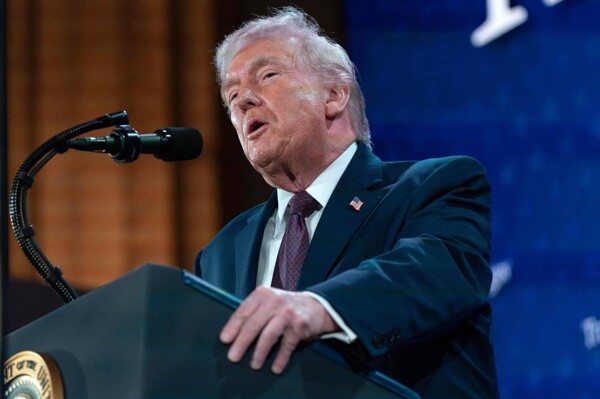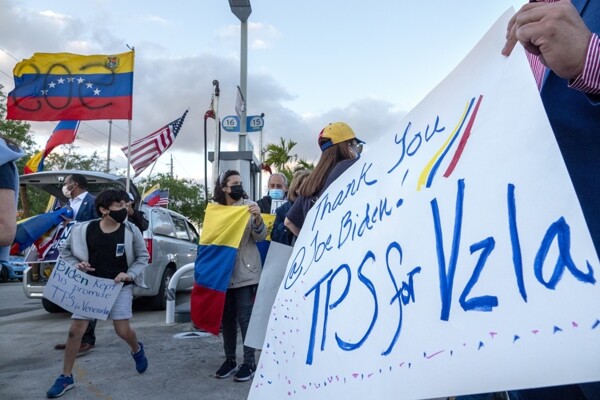
The recently re-elected president of the United States has quickly begun fulfilling his campaign promises, with a particular focus on Mexico. His actions include border control, deportations of migrants, and the threat of designating drug cartels as terrorist organizations.
Recent incursions of U.S. aircraft capable of intercepting communications, along with the presence of an aircraft carrier near Mexican coasts, have increased tensions. The Mexican government has responded with moderate rhetoric, although it has resorted to nationalism and sovereignty to face the uncertainty generated by its unpredictable neighbor.
Despite doubts about a direct military intervention by the United States in Mexico, economic and political pressures are forcing the search for new mechanisms for bilateral relations. Past initiatives such as the Mérida Initiative could serve as a basis for a new understanding, although the demands of the U.S. government complicate the situation.
Mexico is faced with the need to find ways to contain the rapid implementation of anti-Mexican decrees and policies from the U.S. administration. Despite efforts to show greater commitment to combating crime, the room for maneuver for the Mexican government seems limited in the face of the aggressiveness of its northern neighbor.
The possibility of increased activity from U.S. agencies in Mexico remains a latent concern that poses significant challenges for the future of bilateral relations.














